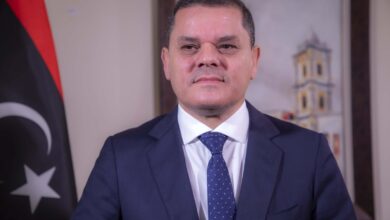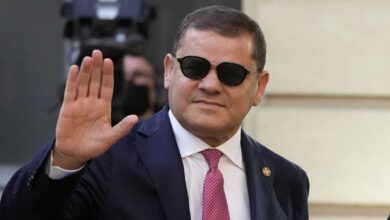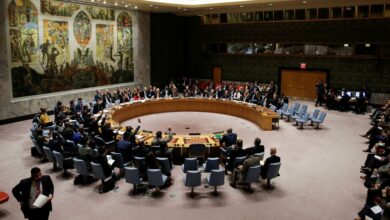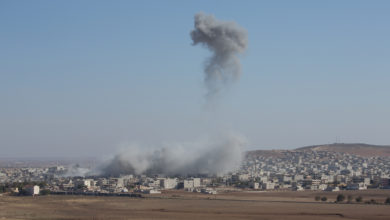Libya
UN Envoy To Libya Says Proposed Electoral Laws Not Enough To Enable Election
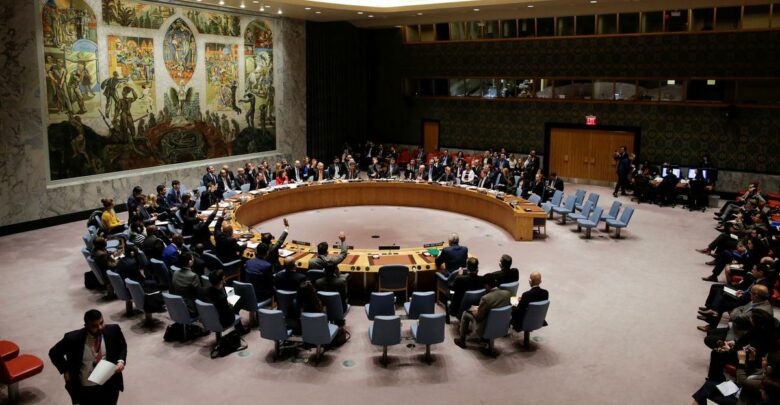
The United Nations (UN) envoy to Libya, Abdoulaye Bathily, on Monday, said the electoral laws agreed by a committee of two legislative bodies are not enough to resolve the most contested issues and allow for the conduct of successful elections in the country, reported Reuters.
While addressing the United Nations Security Council on Monday, Bathily said proposed electoral laws by the committee formed from Libya’s two legislative bodies was an important step forward.
But he said that the laws are not sufficient to resolve the most contested issues that have impeded the conduct of elections in Libya. He pointed toward the disagreements among Libya’s opposing sides that he said could trigger a new crisis.
The UN envoy said problems with the proposed laws included disputes over the eligibility of presidential candidates and a requirement to create a new interim government before the election is conducted.
Mr. Bathily, who also heads the UN Support Mission in Libya said some more issues need to be fixed and that includes a requirement to hold a second round even if a candidate won more than half the votes and the canceling of parliamentary elections if the first round of the presidential election failed.
He added that there is a high chance of further polarization and destabilization if Libya’s internationally recognized Government and other rival political power centers such as the General Command of the Libyan National Army (LNA) don’t come together for holding successful elections.
The UN envoy to Libya vowed that he will continue to work to iron out the differences between the rival factions so that they can “reach a final settlement on the most contentious issues, make the draft laws implementable, and enable successful elections.”
Notably, Libya is currently split between the UN-supported Government of National Unity and a separate authority in the east, the Government of National Stability, backed by the Libyan National Army led by Gen. Khalifa Haftar.


